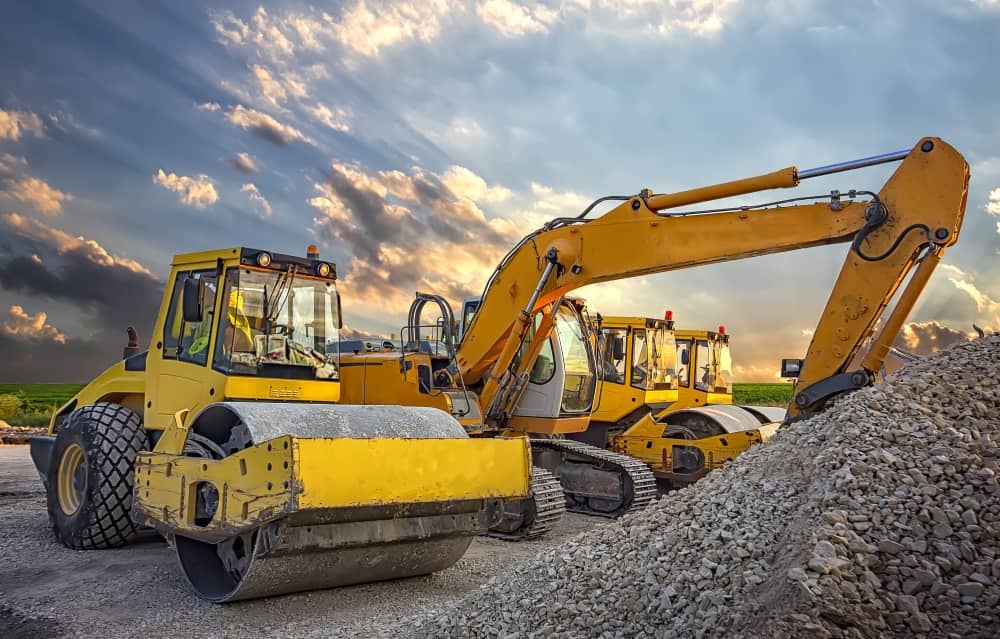Renting heavy equipment is a widespread trend among smaller companies and those who will occasionally use a piece of equipment. There is a continuing trend towards renting large pieces of machinery instead of purchasing them or hiring an operator for the equipment. In Australia, this practice is known as a dry hire.
If you own a dry hire business, you may believe that the company using your machinery is responsible for covering any losses associated with the equipment in question. Unfortunately, this is not always the case, and this belief can turn into a significant loss for the owner.
Why Do I need Dry Hire Cover?
Even though your equipment is used for dry hire, there are a variety of situations where a standard business insurance policy may not cover a loss occurring while the equipment was on hire. These events include,
- Accidents
- Breakdowns
- Damage both accidental and malicious
- Fire
- Income protection
- Legal fees
- Theft carried out by a third-party
- Theft that was carried out by the company that hired the equipment
There are more challenging scenarios where having a dry hire cover protects you from loss.
What Does Dry Hire Insurance Cover?
A standard dry hire insurance policy will protect you from the abovementioned events. You need to be aware that the dry hire cover is highly specific and detailed. There are certain exclusions and limitations to a policy.
What is Not Covered by a Dry Hire Insurance Policy?
Several exclusions may apply to your dry hire policy. You need to be aware of the details involved with your cover so working with a trusted insurance professional who can go over your policy is crucial. Potential exclusions and limitations include,
- Theft of tools or equipment carried out by the company who hired your equipment
- If proof exists that you did not take reasonable steps to make sure the company hiring your equipment has authorisation under relevant legislation to operate the equipment
- If you have not supplied the hirer with sufficient directions to operate the machinery
What are Dry Hire Agreements/Damage Waivers?
A dry hire agreement is sometimes required for insurance cover to commence. The agreements are in everyone’s best interest as they spell out the details of the transaction and the responsibility of each party involved in the transaction. Both parties must sign and agree to its terms for the agreement to be in force.
A dry hire agreement spells out:
- The conditions of loss minimisation, maintenance, and safekeeping while the equipment is in the hands of the hirer
- An insurance clause that explains which party is responsible for providing insurance cover for the hired tools or equipment
- Description of the training required to operate the hired equipment safely
- Ahold harmless clause that protects the owner of the equipment from liability for damages while the machinery or tools are being used by and in the care of the company that hired the equipment
Damage Waivers for Dry Hire Equipment
In some cases, the company hiring the equipment will want a damage waiver as a part of the dry hire agreement. This means the company that hires the equipment is not responsible for damage, loss, or other misuses of the hired equipment while in their control.
Damage waivers can be problematic as they leave the hirers of the damaged equipment free from responsibility for damage that occurred in their care.
In some cases, a damage waiver can prevent the insurer access to subrogation, the legal right for the insurance company to collect damages from the third party that caused destruction or loss to your tools or equipment.
Ensuring your dry hire equipment and tools are correctly insured is vital to your business. Additionally, it is a complex undertaking and difficult to understand in the best circumstances.
If you are not sure if your cover is sufficient or if you have other questions, please feel free to contact one of our insurance experts at Grace Insurance. We can answer your questions and review your insurance policy to make sure you and your company are safe from any losses.







